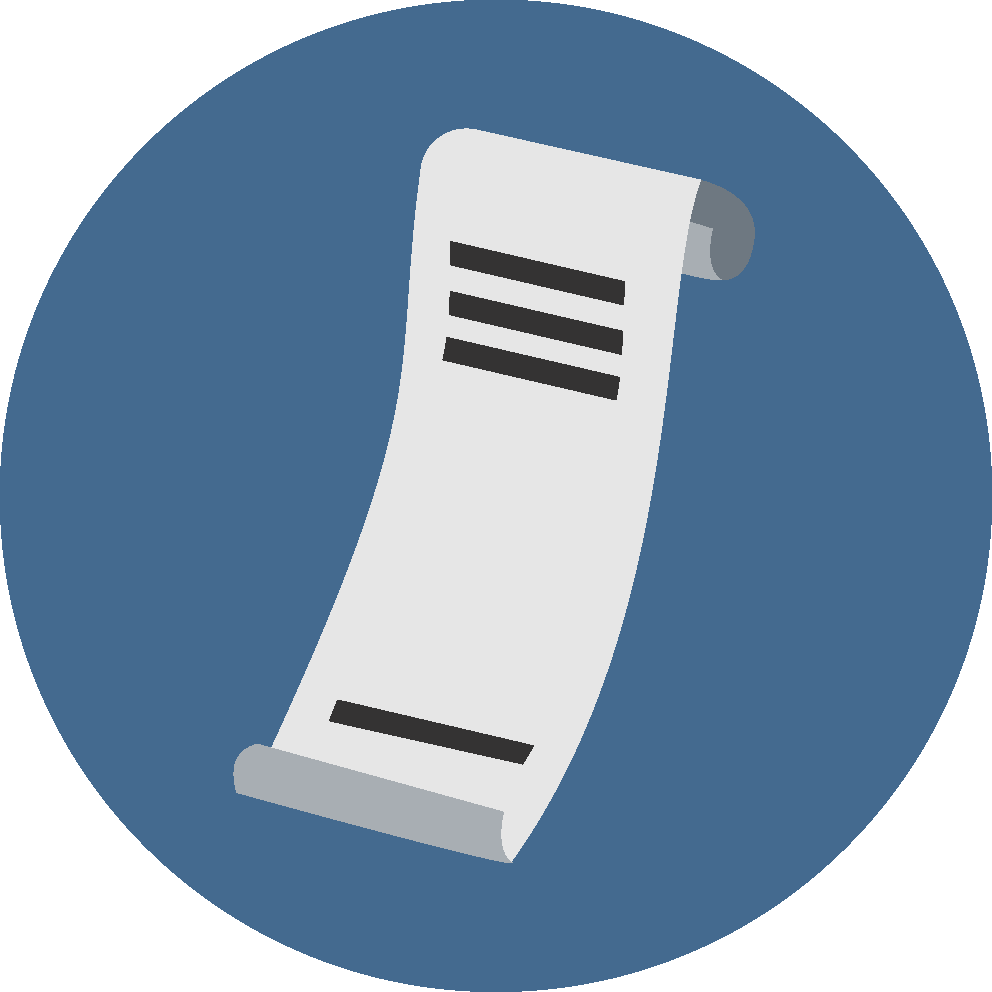Bisphenol thermal receipt replacement program
Want to participate? Contact us!
If you are interested in participating in this product replacement program, please contact your local Pollution Prevention Assistance (PPA) representative.

Businesses that use bisphenol thermal receipts may qualify for reimbursement to replace receipt paper or point of sale (POS) devices in the following tiers:
- Tier 1: $1000 to purchase paperless POS devices.
- Tier 2: Up to $250 for thermal paper with robust material health assessments, such as GreenScreen® certified.
- Tier 3: Up to $150 for thermal receipt paper free from intentionally added bisphenols.
What is the purpose of this program?
Small businesses may face challenges switching to non-bisphenol receipts and overburdened and marginalized communities may continue to be impacted by these receipts in the interim. To help qualifying businesses, we are offering to reimburse up to $1,000 to replace bisphenol receipts and equipment with bisphenol-free alternatives.
What are bisphenol thermal receipts?
Thermal receipts are commonly used by a wide variety of businesses. Thermal receipt paper is coated with a dye and a color developer (often BPA or BPS). In the presence of heat, the color developer reacts with the dye and changes from colorless to black on the receipt.
Learn to protect yourself from bisphenols.
What are the health risks of bisphenols?
Bisphenols can be hazardous to the reproductive systems in humans and animals. They are also linked to obesity and attention disorders. Cashiers who handle these receipts regularly have higher levels of BPA in their bodies than people in other occupations.
Handling thermal receipts can be particularly concerning for:
- Pregnant or nursing women.
- Women of childbearing age.
- Adolescents of any gender who are still developing.
Studies confirm that:
- 86% of thermal receipts in the U.S. contain bisphenols.
- Individual receipts can have large amounts of bisphenols.
- Bisphenols can be absorbed through the skin.
Learn how to protect your employees, the public, and the environment from the impacts of bisphenol thermal receipts.
What are the environmental risks of bisphenols?
Bisphenol thermal receipts are a suspected source of bisphenol contamination in wastewater and groundwater. These types of receipts also cannot be recycled.
Related links
Contact information
Sean Smith
Product Replacement Coordinator
sean.smith@ecy.wa.gov
425-324-0328


